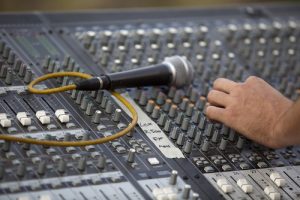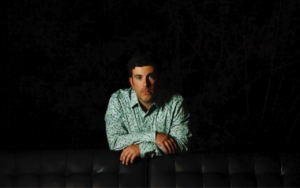 Tips for playing well with live-sound engineers
Tips for playing well with live-sound engineers
If you’ve done any amount of touring, you’ve probably had to work with some surly live-sound engineers.
And I’ll bet it went one of two ways:
1) You stayed professional, put on a great show, and they eventually warmed up to you.
2) You confirmed their suspicion that you’re a hack, a brat, or a jackass— and they remained cold as ice.
Can you blame them? Every night is another chance to suffer the slings and arrows of some pushy diva, to watch the clock ticking while some incompetent rockers wear out their welcome, to have an over-ambitious amateur tell you how to do your job.
Or it’s a chance for them to be pleasantly surprised by how well you played, how great your songs are, and how easy you were to work with. But that ain’t gonna happen if you break any of the rules laid out by professional sound guy Doug Siebum in a piece for the Village Voice called “The Top 15 Things That Annoy the Crap Out of Your Local Sound Guy.”
The first 6 things on his list apply to the audience; the last 9 items are directed at bands. Here’s a summary:
How to work well with a sound person at a local club
* Show up with gear that works. Have extra cables, extra adaptors, extra guitars, extra batteries, extra strings, etc.
* Know what you’re asking for in your monitor mix and use the proper terminology.
* Keep track of your set times and NEVER go over.
* Don’t ask the crowd how it sounds. It’s insulting to the engineer.
* Don’t blame a bad show on bad sound. The PA is only amplifying the music you make — good or bad.
—————–
If you’re a live-sound engineer, what other tips do you have for bands? If you’re a band, what have been some of your best and worst experiences working with sound men (and women) in clubs? Let us know in the comments section below.
[hana-code-insert name=’touring-book-your-own’ /]
[Picture of sound person from Shutterstock.]
